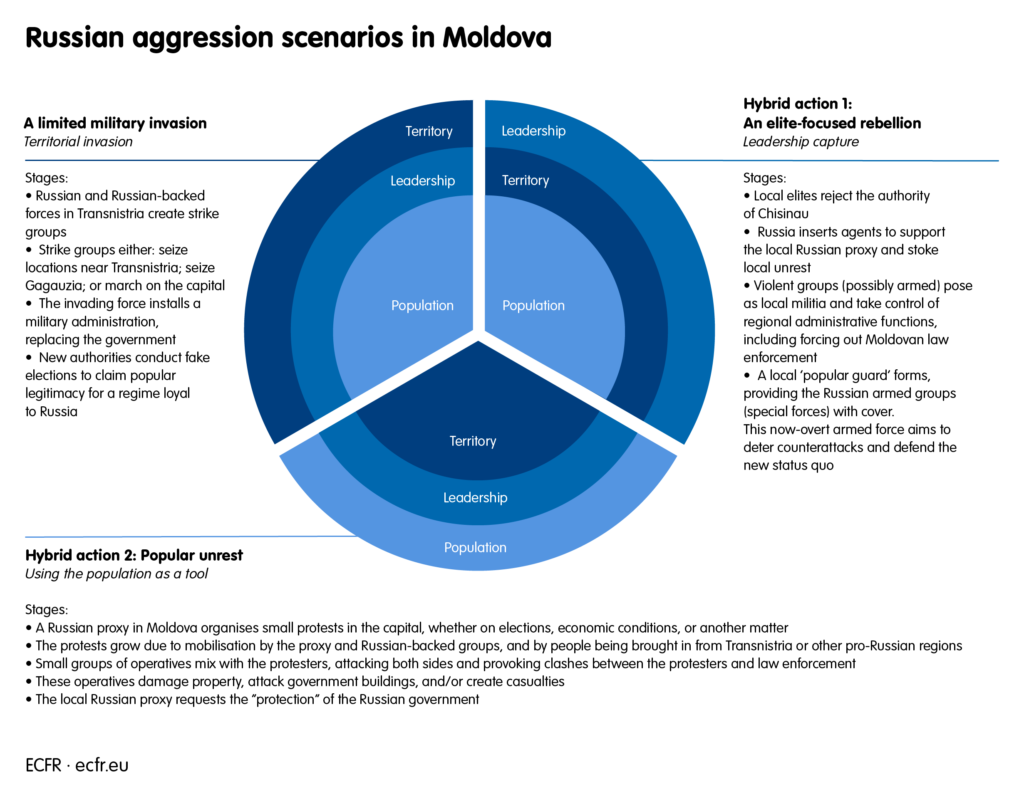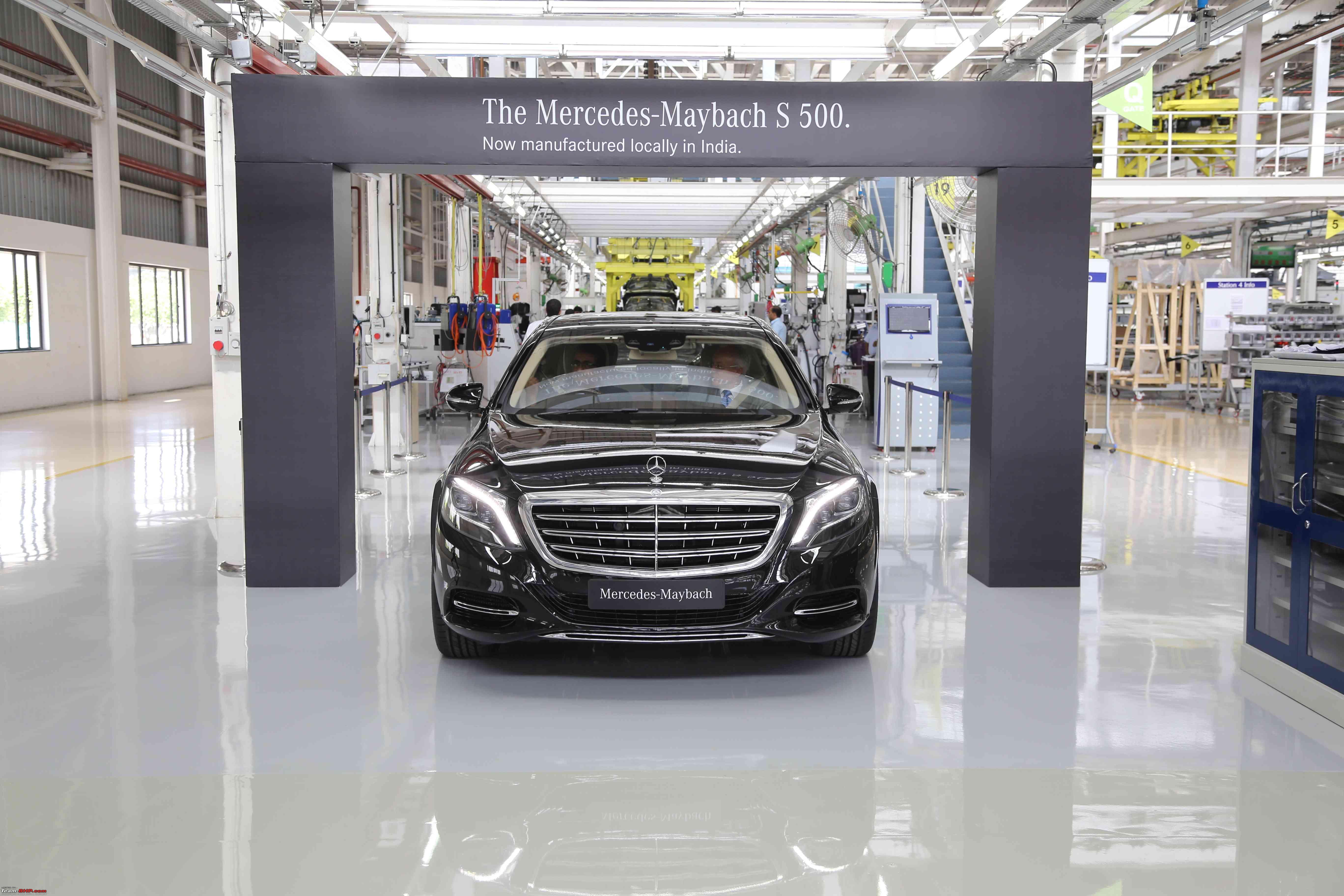Indeed In Russian - Although every effort has been made to follow the rules of citation style, there may be some inconsistencies. Consult the appropriate style manual or other sources if you have questions.
The Russian Empire, a historical empire, was established on November 2 (October 22, old style) 1721, when the Russian Senate conferred the title of Tsarvarti (Emperor) of All Russia on Peter I. Abdication of Nicholas II on March 15, 1917. The empire and its ruling marked the end of the Romanov dynasty.
Indeed In Russian

The empire had its origins when Russian nobles were looking for a new bloodline for their monarchy. He found it in Michael Romanov, a young boyar (noble) elected Tsar in 1613. The early Romanovs were weak monarchs. Crowned at the age of 17, Michael shared the throne with his father, the patriarch Philaret, during the critical years of his reign. Michael's son Alexis ascended the throne in 1645 at the age of 16; He was influenced first by Boris Ivanovich Morozov and then by Patriarch Nikon. Fyodor III, who was only 14 at the time of his accession in 1676, gave too much power to favorites. Despite this, all three were popular tsars, who left a good reputation among the people, and 19th-century Slavophiles idealized them as models of Russian kings. Government during this period was usually in the hands of persons who for one reason or another exercised personal influence over the kings. Popular discontent in urban uprisings (1648–50) that led to Morozov's exile and the great Peasant Revolt (1670–71) led by the Cossack Stenka Razin often turned against these favorites rather than against the Tsar.
Google Reveals Surge In Questionable Removal Requests From Russian Government * Torrentfreak
In theory, the Russian monarchy was unlimited, and in fact there were no legal or economic guarantees against the arbitrary power of the Tsar. However, in practice, the degree of control over the empire that they could exercise was effectively limited by the size of the country, the inadequacy of administration, and a generally unmodern conception of politics. As a result, the majority of residents rarely felt the heavy hand of the state, which limited its own powers to law enforcement and tax collection. Some of the Tsar's subjects, such as the Siberians and Cossacks, lived in completely autonomous communities, only nominally under the Tsar's rule. Earlier this year, Russia's invasion of Ukraine was met with a swift response from allies. Central bank assets were frozen, strict sanctions were imposed on Russian financial companies, and a wave of large-scale sanctions hit Russian imports and exports. Inflation immediately rose due to shortages of essential consumer goods and the country found it difficult to conduct basic international financial transactions. The almost unprecedented strength of sanctions against such a large country has led organizations such as the IMF to expect a huge drop in Russia's GDP. Meanwhile, the fighting in Ukraine first began to stall and then reverse Russia's progress, putting Vladimir Putin in an even worse position. Russia is poised to cut off large swaths of Europe from crucial natural gas supplies, leaving few economic options, permanently damaging one of its most valuable trade ties and cashing in on its biggest economic chip.
All things considered, the Russian economy is certainly better than expected. After forecasting an 8.5% drop in GDP this year, the IMF now expects the Russian economy to shrink by just 3.4%. Russia's central bank has cut interest rates amid a relatively bright inflation outlook and Russian imports of manufactured goods have been pushed back by increased trade with China and Turkey.
Still, the forecasts were so dire that the better-than-expected results put Russia on the brink of a massive recession and significant economic problems. Capital flight is rampant, inflation is over 12.5% a year, consumer confidence is dire, credit conditions are tight, complex manufacturing industries are struggling, the nation's oil and gas revenues could be cut, and millions of young people are now slated for layoffs. was drafted into the armed forces. The sanctions have still worked to inflict severe pain on the Russian economy, although it remains to be seen how flexible Russia will be going forward.
The initial wave of sanctions had to work around the fact that Western European economies depended heavily on Russian natural gas for essential, unstable energy supplies. The aim was to neutralize the value of dollars and euros spent on Russian gas by targeting Russian financial institutions and exploiting global financial centers based in London and New York. That part of the program worked as intended. Russian companies have reported a sharp deterioration in credit conditions since the sanctions took effect earlier this year, and despite efforts by Russia's central bank, conditions have barely improved.
Russia In Africa: What's New?
A second result of this effort involves cutting off Russian consumers and businesses from essential manufactured goods. Although Russia has considerable leverage through energy supplies, the country is dependent on imports of many consumer goods and requires semiconductors, machinery, and other sophisticated manufactured goods to wage an effective war. Sanctions can therefore have a major impact on Russian industry, consumption and military capabilities through targeted trade restrictions. We saw exactly that in Russia's business sector, as manufacturing industries with significant external economic activity were hit hardest by the initial sanctions and then struggled to recover.
In fact, the production of major complex products in Russia has completely decreased. The production of automobiles fell by more than 50% and the production of household appliances by more than 40%. Manufacturing output of other key goods such as computers and electronic equipment fell 14% from 2019 levels. Industrial disruption in complex industries was key to damaging the Russian military machine and bought time for Ukrainian forces to build strong defenses, and it seems to have worked as intended.
However, this had the additional effect of cutting off Russian businesses and consumers from basic manufactured goods. Prices of new domestic and foreign passenger cars in Russia have risen 25% and 43% respectively since sanctions were imposed earlier this year, and Russian auto manufacturing is still struggling to return production to 2021. In fact, since the beginning of this year, the prices of all kinds of essentials have skyrocketed: bath soap 44%, toothpaste 40%, diapers 22%, menstrual products 44%, smartphones more expensive. . 6%, and several over-the-counter drugs also saw massive price hikes.

The decline of Russian production is not limited to complex industrial branches. Over the past year, actual oil and natural gas production has also fallen, along with the industry. Compared to last October, steel and iron production was down by 12.3%, fertilizer production was down by 9.4%, metal ore production was down by 7% and coal production was down by 3.3%.
Instagram Nyet! Russian Influencers Lose Mojo On Homegrown Platforms
This is one reason Russia's energy revenues have fallen significantly from their peak, despite rising natural gas and oil prices throughout the year. The easing of sanctions has forced Russia to sell its crude at a discount to buyers in India, China and elsewhere, and it has sharply cut the amount of natural gas it sends to Europe. A new $60 per barrel cap on Russian oil imported into Europe could further disrupt Russian energy revenues, but the drop in global oil prices is more important than the specifics of the cap. More than just energy income.
War in the modern age does not usually produce a positive return on investment. Russia's 2014 invasion of Ukraine, which largely bloodlessly annexed Crimea, was (perhaps) one of the only exceptions in the 21st century, as the country was able to seize large swathes of territory and exchange it for important warm-water ports. brutality But relatively weather restrictions. This invasion of Ukraine appears to be within the rules. Thanks to the stubborn defense of Ukrainian forces and a strong economic response from the League of Nations, Vladimir Putin is paying a heavy economic price for his invasion of Ukraine.
Still, Ukraine undoubtedly bears the brunt of the economic damage caused by the war. Ukraine's State Statistics Service, which publishes key data even as the conflict rages on, estimates that the country's GDP shrank by about 40% from last year when you factor in population and territory losses. The United Nations High Commissioner for Refugees estimates that 7.8 million Ukrainians, about 18% of the pre-war population, have been forced to flee the country since the beginning of the Russian occupation. Tens of thousands of people have probably already died in the fighting, and millions around the world are still suffering from the economic and geopolitical consequences of the invasion. It is an important reminder of the tragic human cost of war and why economic sanctions today should be used as an effective deterrent to tomorrow's aggressors.
Note: Why should you trust Russian data? The answer is you shouldn't, at least not completely. The country is encouraged to cook or spin the numbers
Soviet Biology And The Powers That Were: The Rise And Fall Of T. D. Lysenko. Zhores A. Medvedev. Translated From The Russian By I. Michael Lerner, With The Editorial Assistance Of Lucy
Indeed jobs in delaware, indeed russian jobs, in indeed, indeed company log in, indeed jobs in florida, indeed employer sign in, indeed employer log in, indeed live in caregiver, indeed south bend in, indeed jobs elkhart in, indeed jobs in brooklyn, indeed translate to russian
